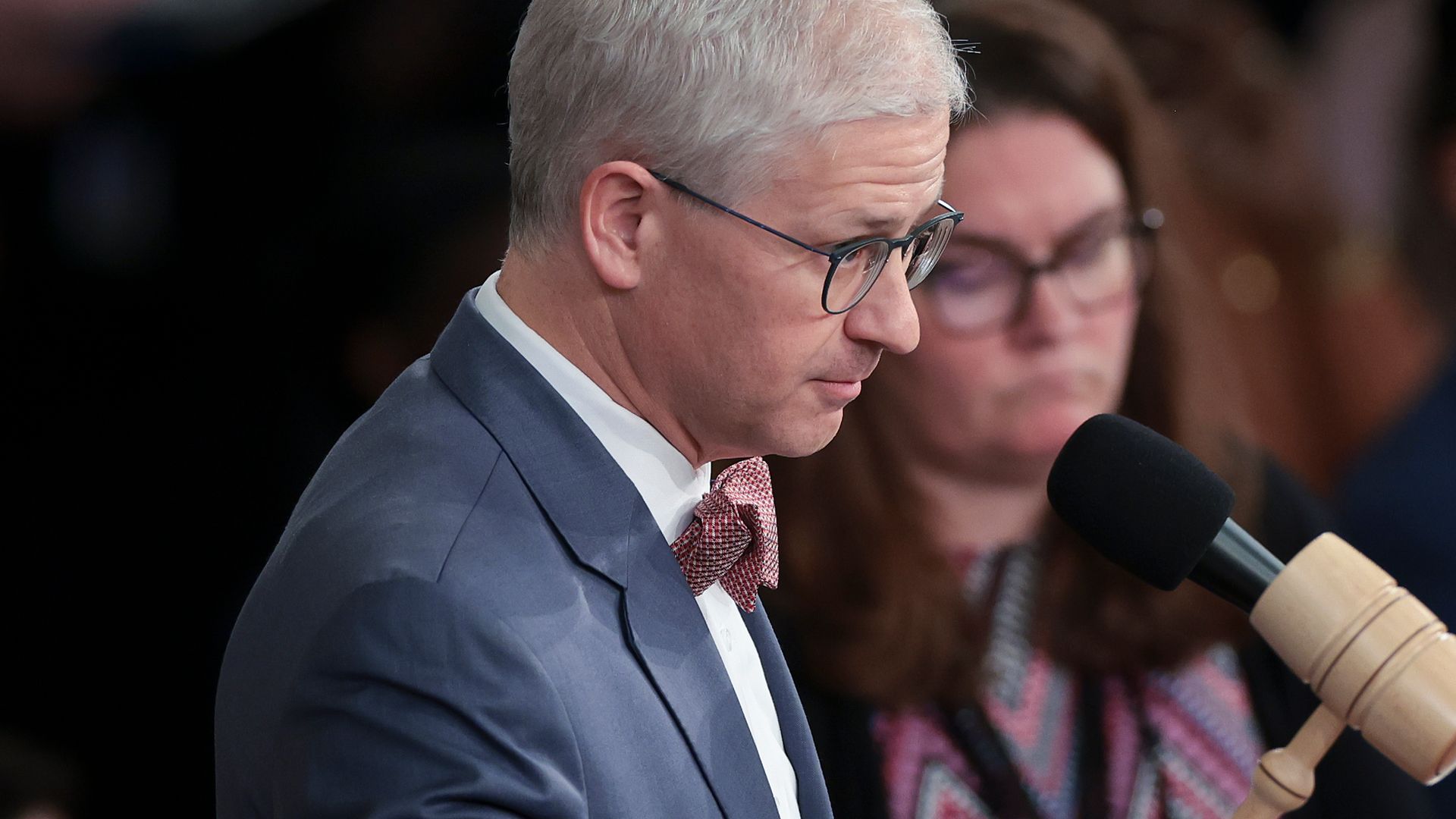
Rep. Jim Jordan lost ground during the second ballot for House Speaker Wednesday. He received 199 votes compared to 200 Tuesday; he needs 217 to be elected.
No one knows what’s going to happen next, not even members of Congress.
“Do you guys have predictions? What’s gonna happen? Come on, make a prediction,” Rep. Mike Gallagher, R-Wis., joked with reporters after the vote.
While no one is certain, there are multiple Republican members predicting that Jordan will lose even more votes on the third ballot.
Since Jordan didn’t make any progress and the House is on day 15 without a speaker, there is a group of Republicans considering a measure that would expand the power of temporary speaker Patrick McHenry, R-N.C. It would allow Congress to address pressing issues like government funding, which expires November 17, and aid packages for Israel and Ukraine.
Not many members will speak about the measure or support it publicly, but they will discuss the urgency to reopen the House of Representatives.
“If we as a conference can’t coalesce around a single singular candidate, we have to at the very least coalesce around the responsibility to govern,” Rep. Marcus Molinaro, R-N.Y., said.
Opponents of this idea are very vocal, they say empowering a temporary Speaker would be unconstitutional.
“I believe it is directly contrary to the constitution in terms of saying ‘we shall choose a speaker’. And to go appoint somebody with the full powers of the speaker without having chosen the speaker makes no sense,” Rep. Chip Roy, R-Texas told reporters.
“In order to expand his powers, you’d have to work with Democrats to do that. If you’re having a compromise with Democrats, is that what the majority of our voters elected us to do?” Rep. Michael Waltz R-Fla. Said.
Some members also expressed concern that if they give a temporary speaker that kind of power once, it’ll become a tactic lawmakers try to utilize forever.











